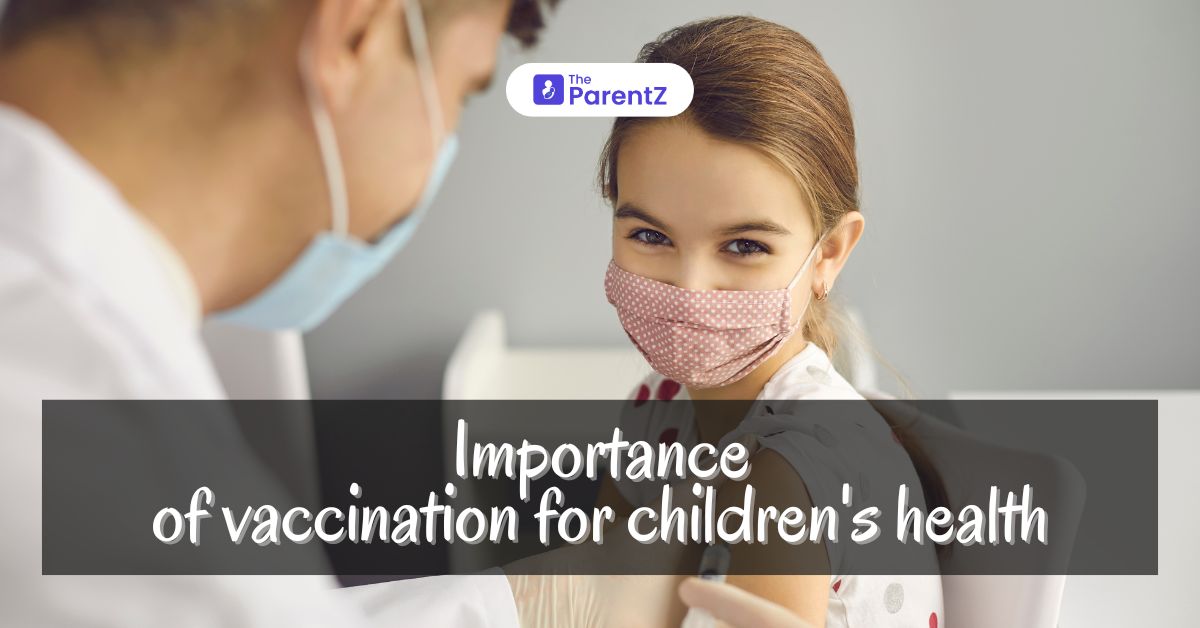Vaccination is a public health tool that has come a long way from its very simple beginning story, revolutionising disease prevention. At one time or another, the theory that the first experimental breakthrough in vaccination had to occur in 1796 was that of the smallpox vaccine for the new era of medical science; this was even before the procedures, such were the times back then. Therefore, since then, vaccines have been a breakthrough in health care, providing the means to control and eliminate even deadly diseases that previously caused most cases of infant death.
Positive aspects of vaccine, along with personal health
The greatest positive effect that vaccination has on global health is the potential to create herd immunity. When enough people are vaccinated against a disease, transmission is hindered, and the disease has the potential to be eradicated. Vaccines have been important strategic materials for the dispense of smallpox and a reduction in polio levels to below pandemic levels, as well as bringing down the number of diphtheria and measles diseases by a significant level. Being protected by a communal shield, which stands for herd immunity that happens when a great part of a surrounding community acquired immunity, is one of the chief communal benefits of large-scale vaccination. This would be of tremendous importance for patients with underlying health issues who are not able to receive immunizations.
UNICEF has listed a few reasons for the importance of immunisation, they are
- saves lives.
- protects the next generation.
- can help save money.
Vaccines and child immunity
In a baby, there are relatively fewer immunity cells to help fight infections; this means that children are more likely to contract infections. Contrary to diseases that the body has to deal with, vaccines elicit the immune response of the body to produce antibodies against only those diseases and prevent the actual infection. That is also a factor that affects the growing immune system exactly in the same way. The vaccine contributes a lot to the prevention of these diseases in young individuals, so that they are protected and their immunity strengthens. The WHO vaccination schedule suggests immunizations against different diseases and administers the shots at the correct age for each disease to prevent infections.
Common vaccines for children
The recommended vaccine for fuzzy is likely to be a back-up to any type of childhood disease. These comprise DTYouxiP (diphtheria, tetanus, and pertussis), BCG (tuberculosis), and MMR (measles, mumps, and rubella), and others include polio and hepatitis B, among a number of diseases. Each vaccine hits a specific target, a particular pathogen, and the timing of each is set so that the children are most protected when they are at their greatest risk.
Safety and Effectiveness of Vaccines
In response to safety concerns around vaccines, it is worthy of mentioning the evidence presented that repeatedly affirms their safety. The process of developing a new vaccine will involve fundamental research, trials, and examinations to guarantee that those who receive the medication will be safe. The observation of side effects as well as their transfer of the surveillance data to the public and health workers starts after the introduction of the vaccine. The evidence is beyond doubt that vaccines for children are hugely effective, and safety as well as effectiveness are the number one public health measure.
This is of primary significance, too, since you necessarily should speak with the healthcare provider what will best suit your child’s needs without forgetting to mention any particular health issue or concern your child might currently be experiencing. Vaccinating offspring, along with all protective measures, is one of the most effective ways of ensuring the children’s health is not threatened by contagious diseases.
Role of vaccination campaign
Internationally efficient vaccination programs, in general, do an excellent job in this respect. Such strong international organizations as UNICEF and WHO also play their assigned roles. As a result, all children, wherever they are, have the opportunity to be vaccinated and thus save lives. It was exactly in this context that the observed fall in children’s mortality rate became strikingly obvious in numerous areas of the whole world. While some regions do not cover this gap, there are still diseases that can be prevented with vaccinations, but cases of sickness are still grievous.
It is beyond doubt that vaccination is a must-have tool for a child’s health care. It is proven to be safe, effective, and yields no danger to kids, allowing them to remain free from very severe infections. As we, the actors of change, strive ahead, it is crucial to support vaccine programs with more funding and to wing the pot to provide services to the most excluded areas. Our final aim is none other than to maintain a healthy society that is free of disease and in which all children will have equal chances in life.





Be the first one to comment on this story.